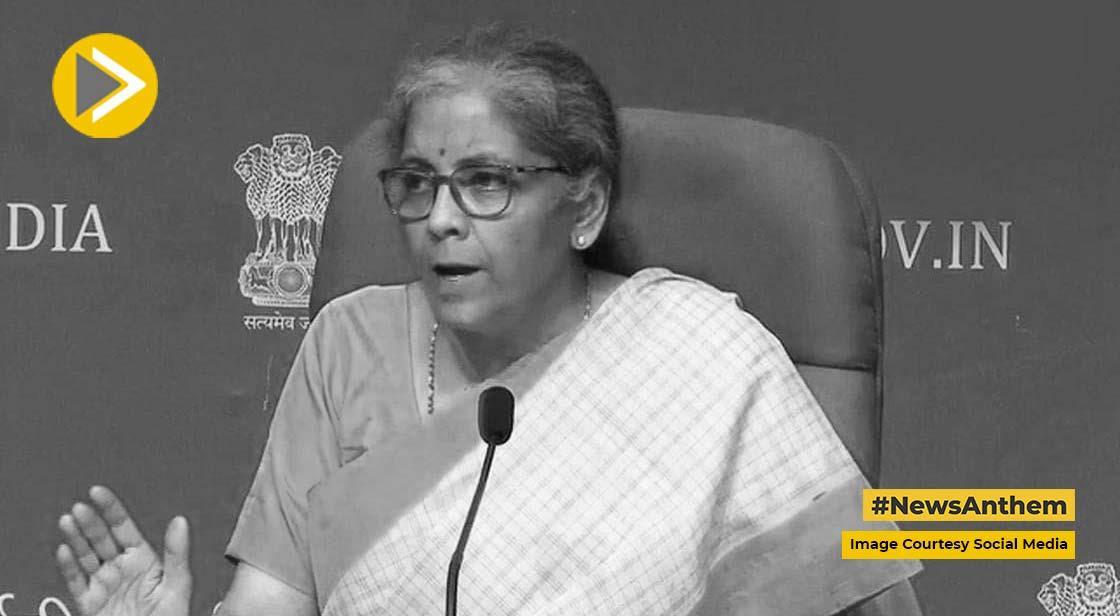Budget 2025: Seven Proposals by CII to Boost Employment and Unlock India's Potential

News Synopsis
As India gears up for the unveiling of the Union Budget 2025-26 by Finance Minister Nirmala Sitharaman on February 1, the Confederation of Indian Industry (CII) has proposed a seven-point agenda aimed at strengthening the country’s employment ecosystem. These recommendations focus on capitalizing on India’s demographic dividend and ensuring sustainable job creation across diverse sectors.
National Employment Policy: A Unified Framework for Job Creation
CII has called for a comprehensive National Employment Policy that consolidates existing employment schemes from various ministries and state governments. By integrating these initiatives into a cohesive framework, the policy aims to streamline job creation efforts. It also proposes leveraging the National Career Service (NCS) as a centralized portal for employment data, ensuring better accessibility and efficiency in matching job seekers with opportunities.
Harnessing Data: Insights for Smarter Job Creation
To enhance strategic job creation, CII suggests the development of a Universal Labour Information Management System (ULIMS) under the NCS. This system would analyze employment trends, skills demand, and training gaps to align them with market requirements. With actionable insights, ULIMS could become a powerful tool for tailoring employment strategies to meet India’s evolving economic needs.
Tax Incentives for Hiring: Encouraging Workforce Expansion
Confederation of Indian Industry (CII) has proposed a significant revision to tax incentives aimed at fostering job creation. Replacing Section 80JJAA, the industry body recommends introducing a new tax provision that allows employers to claim deductions for hiring new employees.
The suggested cap of ₹1 lakh per month for the first three years is expected to incentivize businesses to expand their workforce while maintaining a focus on productivity and sustainability.
Boosting Labour-Intensive Sectors
CII emphasizes the need for targeted support to labor-intensive industries like construction, textiles, and tourism. Streamlining tariff structures, negotiating favorable Free Trade Agreements (FTAs), and implementing employment-linked schemes are among the strategies proposed to enhance exports and drive job creation in these critical sectors.
Empowering Rural Youth: Bridging Workforce Gaps
To address employment challenges in rural India, CII suggests introducing a rural internship program for college graduates. This initiative aims to harness the potential of young talent to strengthen government schemes and address workforce gaps in rural areas. By engaging rural youth, the program could bolster development initiatives and improve access to essential services.
Enhancing Female Workforce Participation
CII has highlighted the need for gender-sensitive policies to increase women’s participation in the workforce. Proposals include building CSR-funded dormitories, setting up crèches in industrial clusters, and formalizing the care economy. These measures are designed to create a supportive environment for women, empowering them to contribute significantly to the economy.
Tapping Global Job Markets: Opportunities Beyond Borders
To boost international employment opportunities, CII has proposed establishing an International Mobility Authority under the Ministry of External Affairs. This body would focus on equipping Indian youth with global skillsets, cultural training, and foreign language proficiency, enhancing their employability in overseas markets.
Conclusion: A Vision for Inclusive Growth
CII’s recommendations for Budget 2025 present a comprehensive and forward-thinking approach to tackling India’s employment challenges. By addressing key aspects such as gender equality, rural workforce empowerment, data-driven strategies, and international job opportunities, these proposals aim to create a dynamic and inclusive employment ecosystem.
If adopted, the suggested measures, including a National Employment Policy and targeted incentives for hiring, could transform the way jobs are created and sustained in the country.
Focusing on labor-intensive sectors like construction, textiles, and tourism can provide a much-needed boost to domestic industries, while initiatives like the Universal Labour Information Management System (ULIMS) ensure that job creation aligns with market needs. Moreover, empowering women and rural youth while tapping into global job markets will enable India to unlock its vast demographic potential.
These strategies collectively position India to not only address unemployment but also emerge as a global economic powerhouse, ensuring equitable growth across all sectors.
You May Like









